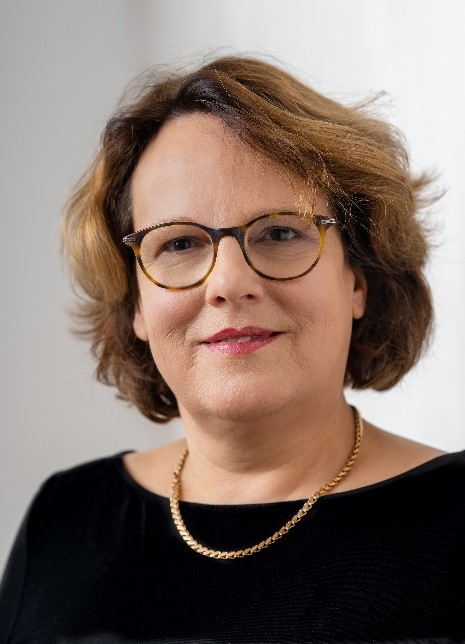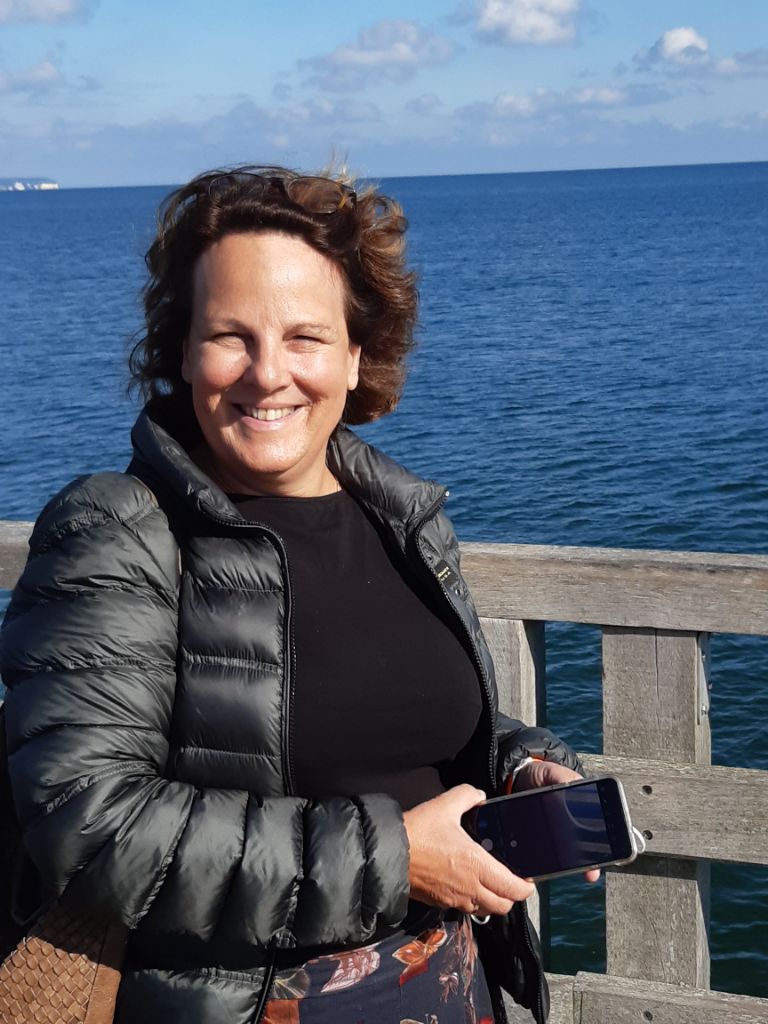BGHS.NEWS
Practitioners in Talk Part 28
Practitioners in Talk Part 28
Many ways lead out of the BGHS. But where do postdoctoral paths lead? We talk to historians and sociologists who have taken up their career outside the university. Stephanie Geissler spoke to us about her work for „Arbeit und Leben VHS/DGB im Kreis Herford e.V.“.

Figure 1: Stephanie Geissler
Stephanie, you did your PhD in History in 2016. If you remember starting your career: How did you find your way into the job?
Stephanie Geissler: I had a scholarship at the beginning of my PhD. But as it is with a scholarship: the scholarship is over after three years, but the PhD is not yet finished. Parallel to doing my PhD, I started to develop exhibition concepts and fundraising strategies for museums on a freelance basis. At that time I also came into contact with “Arbeit und Leben”: By chance, an administrative position became available there at that time, and I applied for it. For me, it was a good opportunity to be secured with a half-time job and to be able to continue with my freelance work. No one expected me to finish my PhD. Neither did I. (laughs)
How did you get your current position?
Stephanie Geissler: I started working as an administrative assistant at “Arbeit und Leben” in 2007. One year later, I changed to a position as an education officer and mainly planned and conducted educational leaves, but also took care of finances and event planning. I have been managing director here since 2021.
You work for „Arbeit und Leben VHS/DGB im Kreis Herford e.V.“. Where do you work, exactly?
Stephanie Geissler: “Arbeit und Leben” was founded by the German Trade Union Federation (DGB) and the Adult Education Centres (VHS) immediately after the end of the Second World War to educate workers in democracy. Today, “Arbeit und Leben” exists in all federal states and – in varying densities – as local working groups. We in Herford are a registered association and offer training for work councils and an educational leave programme. We also run two projects: the “Mobile Beratung gegen Rechtsextremismus” for the Detmold administrative district and the “Fachstelle NRWeltoffen”, which does anti-racism work in the Herford district. We also organise political education events, for example on the war in Ukraine.

Figure 2: Stephanie Geissler during an educational leave in Prora
You head „Arbeit und Leben“. What are your most important tasks?
Stephanie Geissler: The last two years were very much marked by the topic of “finances”. We are supported by the DGB and the VHS, but we earn most of our salaries through the income from the seminars. Under Corona conditions, however, our seminars, where exchange and networking among the participants are very central, could hardly be offered in presence. And so we got into a financial bottleneck. So, to put it briefly: in the last two years, my main task was to take care of the financial drama. Apart from finances, personnel management is an essential aspect of my work: there are now eleven people employed here in the association. And finally, I have responsibilities in our educational leave programme. However, my tasks in the area of educational leave are not part of my duties as managing director, but are part of the operational business.
What tips do you have for colleagues from sociology or history who are interested in a career in the occupational field you are in?
Stephanie Geissler: I would say: Try it out! So, if someone were to call us now and say, for example, “I've been working on a regional historical, socio-political or trade union topic. Can we do something together?” Then I would think about it and sound out: What can we do together?
Stephanie, thank you for the conversation!
The interview was conducted by Ulf Ortmann. You can find the complete interview here.
Further information on the non-university careers project is available here.
The previous interviews in the series are available here.